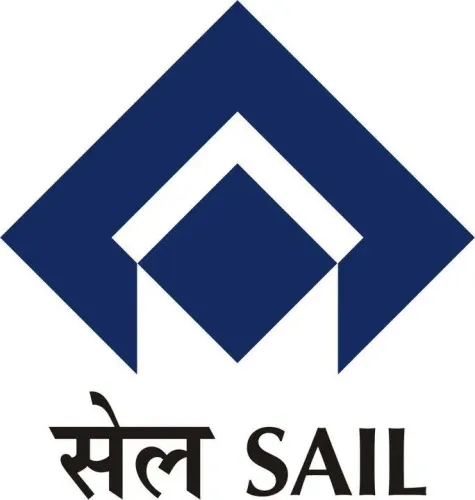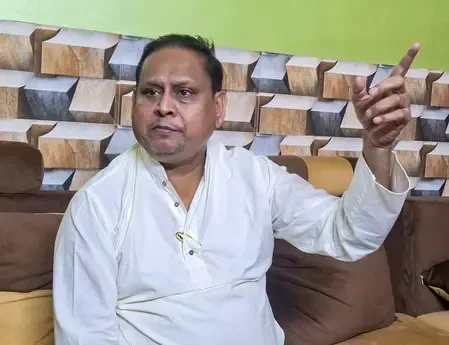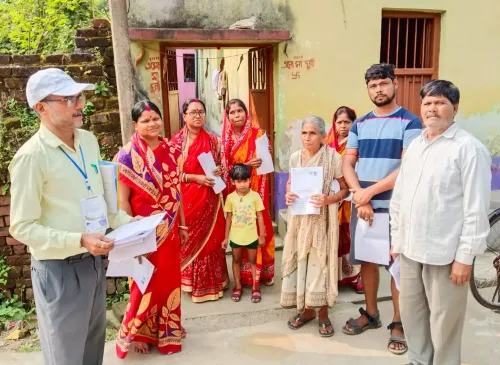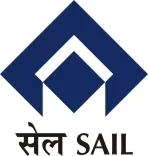Does CPI(M) Support Naxals, Pakistan, and China? Ex-Tripura CM Biplab Deb
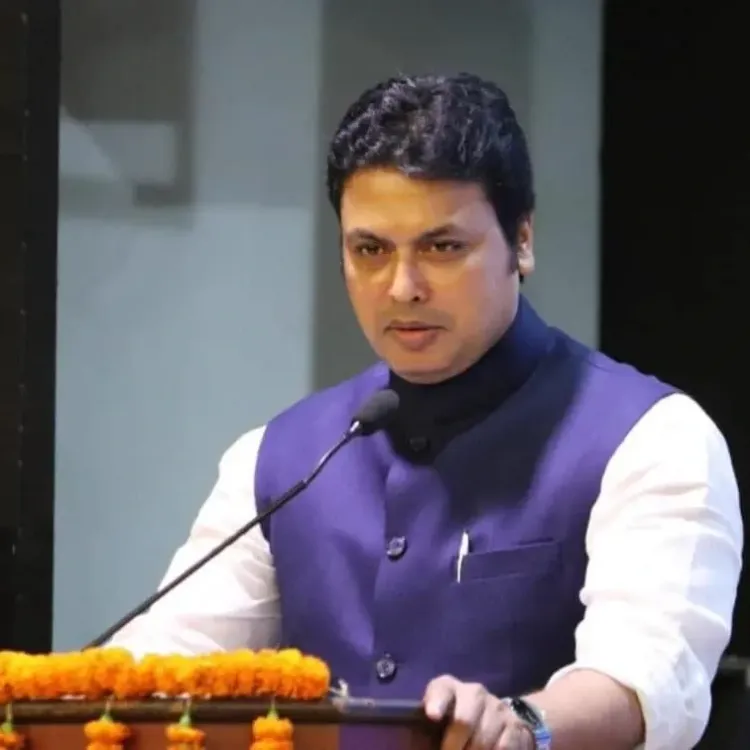
Synopsis
Key Takeaways
- Biplab Kumar Deb criticizes CPI(M) for being anti-national.
- The encounter in Chhattisgarh resulted in the deaths of 27 Maoists.
- CPI(M) urges dialogue instead of military action.
- The BJP calls for the isolation of CPI(M) due to its perceived anti-national stance.
- The political landscape in India is increasingly polarized.
Agartala, May 23 (NationPress) The former Chief Minister of Tripura and prominent BJP leader, Biplab Kumar Deb, publicly denounced the opposition party CPI(M) on Friday for its critiques of the central government's actions following the death of 27 Maoists in an encounter with security forces in Chhattisgarh.
In a video address, Deb, who currently serves as a Lok Sabha member for Tripura West, labeled CPI(M) as "anti-national" and accused the Left party of consistently taking a negative stance whenever the government addresses unlawful or violent activities by individuals or groups.
He highlighted that 27 Maoists, including their General Secretary Nambala Kesavarao, were eliminated during the confrontation with security personnel in Chhattisgarh.
Deb called upon the populace to recognize the "true nature" of CPI(M), which opposes national interests and aligns with Naxals responsible for numerous deaths among innocent civilians, politicians, and security forces while obstructing development.
The BJP strongly condemned the actions of CPI(M) and urged citizens to "isolate" the Left party due to its "anti-national" and "anti-people" behavior, according to Deb.
He further stated, "During 'Operation Sindoor', the CPI(M) organized rallies in West Bengal supporting Pakistan. This party consistently advocates for Pakistan and China. The Left party, playing an anti-national role, has forfeited its right to present itself as a political entity to the public."
The CPI(M) politburo, in a statement issued on Thursday, vehemently condemned the encounter that led to the deaths of 27 Maoists, including Nambala Kesavarao.
The Left party asserted, "Disregarding the Maoists' repeated calls for dialogue, the central government and the BJP-led Chhattisgarh state government have opted against seeking a resolution through discussions."
They pointed out that many political entities and concerned citizens have urged the government to entertain the request for dialogue.
In their statement, the CPI(M) said, "Despite our opposition to Maoist politics, we implore the government to immediately accept their plea for talks and suspend all paramilitary operations."


